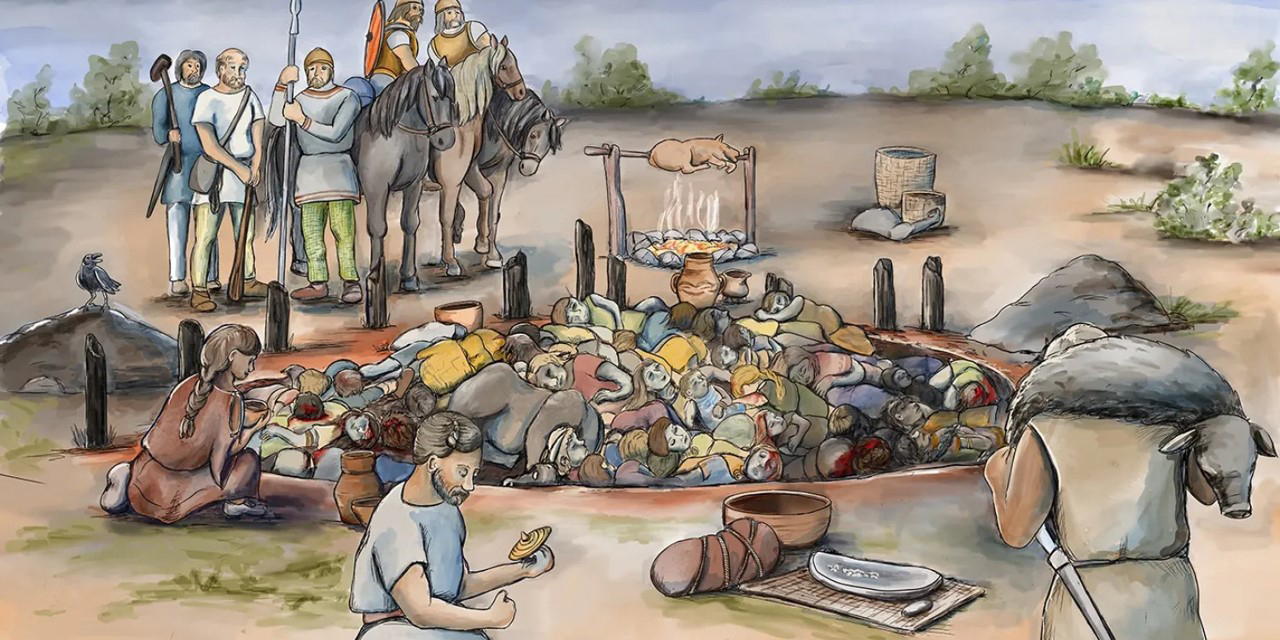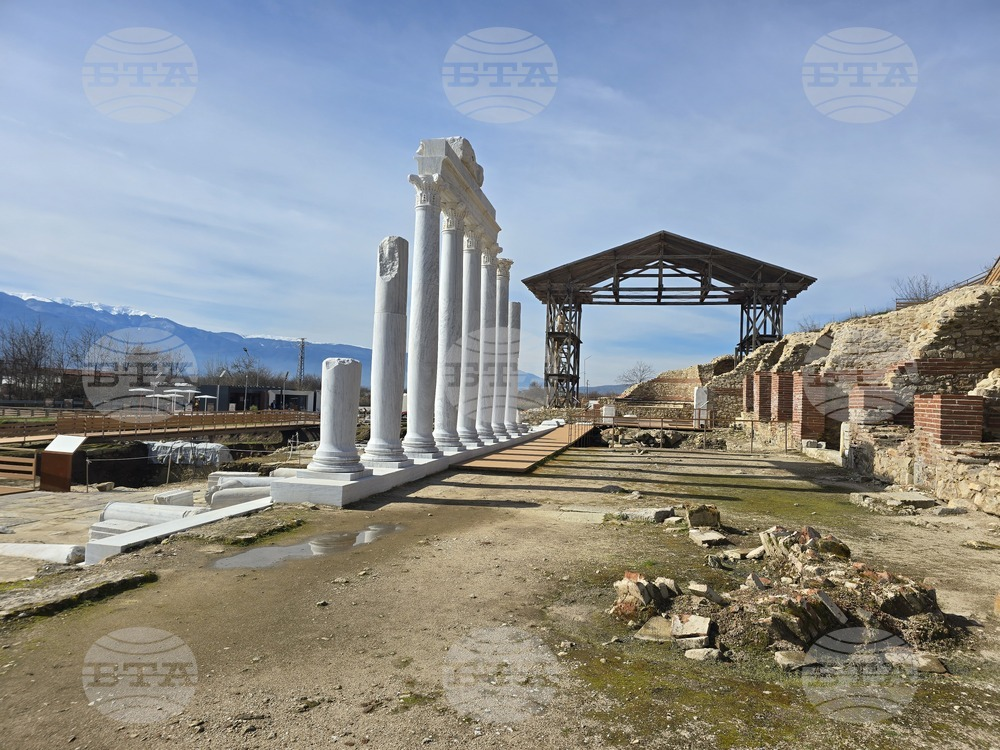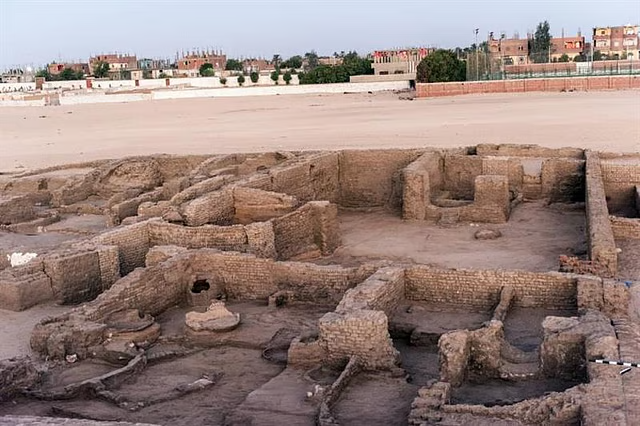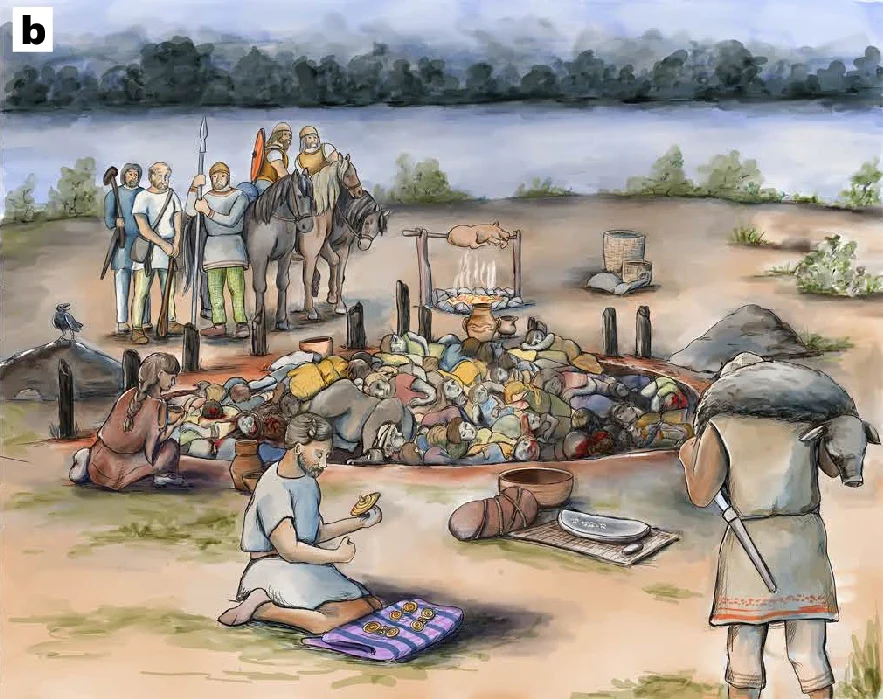Let's discuss two powerful ancient civilizations: the Roman Empire and Ancient Greece.
The Roman Empire, which emerged in 31 BC, covered a vast territory, including Europe, North Africa, and Western Asia. It began with the rule of Emperor Augustus and later adopted Christianity as its state religion. The Western Roman Empire fell in 476 AD, while the Eastern Roman Empire (Byzantine Empire) continued until 1453.
Ancient Greece, on the other hand, existed from the 12th century BC to around 600 AD. It was a collection of city-states and regions, with Alexander the Great briefly unifying them. Greece influenced Western culture significantly, especially in philosophy, politics, and art.
In a nutshell, these two civilizations, Rome and Greece, played crucial roles in shaping the foundations of Western civilization.
Watch the video below for more information:







